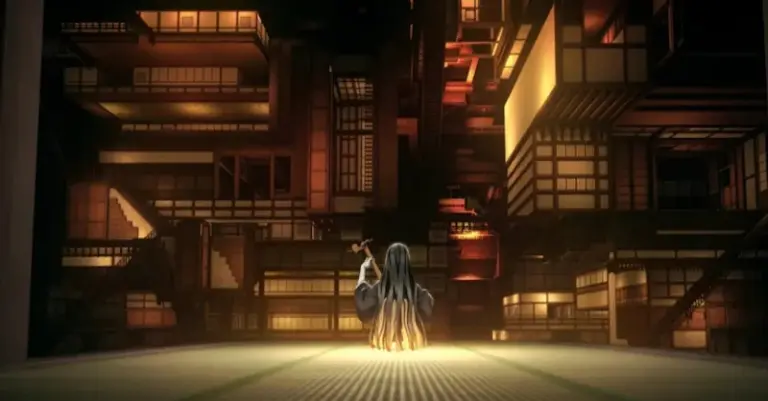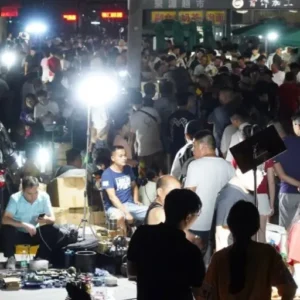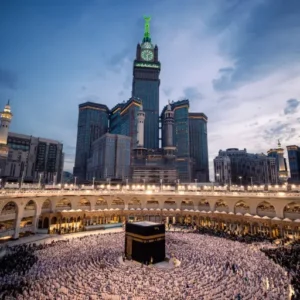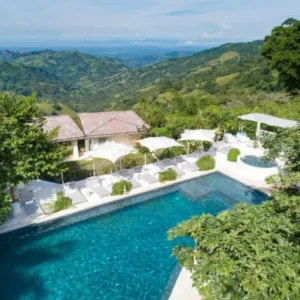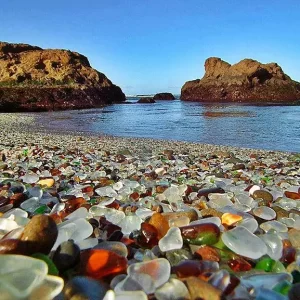Visiting North Korea is nothing short of fascinating. Despite recent efforts to promote tourism, the country remains a highly controlled and mysterious place. Often described as a “mythical nation,” North Korea is shrouded in secrecy, making it one of the most enigmatic travel destinations in the world. Here are 8 strange facts about North Korea that will make you question how such things still exist today.
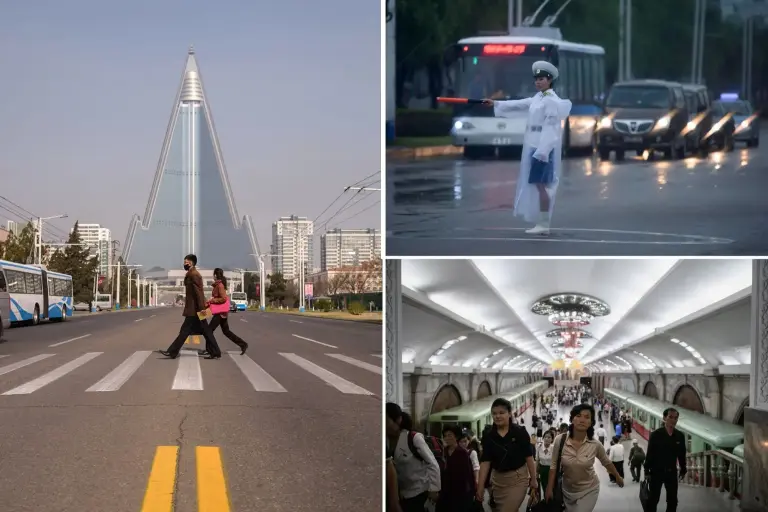
1. Blue Jeans Are Banned
Wearing blue jeans is strictly prohibited in North Korea. It’s not about affordability—it’s about symbolism. Blue denim is seen as a representation of American capitalism, which goes against the regime’s ideology. While black jeans may be acceptable for tourists, wearing blue jeans—especially when visiting sacred monuments like the Kim Il-sung and Kim Jong-il Memorials—is a big no. To avoid trouble, it’s safest to steer clear of blue denim entirely.
>> Fan Death: South Korea’s most mysterious modern myth
2. Only Three TV Channels Exist
Television in North Korea is completely state-controlled, and the public only has access to three national channels. Of those, just two are available on weekends, and the third broadcasts limited content during the evening. Unsurprisingly, all programs serve as tools for propaganda and ideological education.

3. Tourists Can’t Use Local Currency
Foreign visitors are not allowed to use the local North Korean Won or even enter stores that use it. Instead, tourists can pay for goods and services using Chinese Yuan, US Dollars, South Korean Won, or Euros. Attempting to use or possess local currency can result in serious consequences.
4. Religious Books Are Forbidden
Bringing religious literature—especially items like the Bible—is strictly forbidden. Missionary work is considered a grave offense, and possession of religious materials can result in public execution. North Korea claims to uphold religious freedom, yet reports indicate harsh punishments for even minor infractions. The North Korean calendar even begins on the birth year of Kim Il-sung, highlighting the state’s extreme reverence for its leaders over any deity.
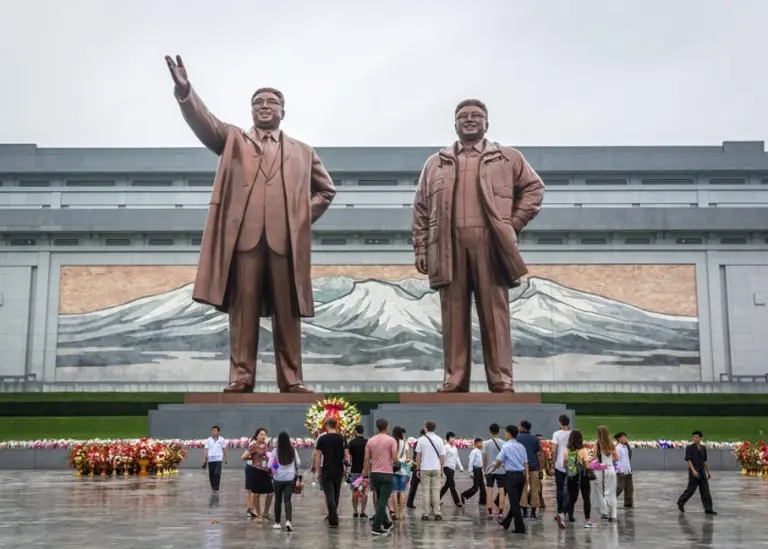
>> China’s “Replica” cities: When the dream of globalization is built with concrete and brick
5. No Coca-Cola
Craving a Coke in North Korea? Don’t bother. Coca-Cola is banned nationwide due to its American origin. While Cuba once shared this restriction, North Korea is now the only country in the world where Coca-Cola is officially prohibited. Attempting to smuggle it in won’t work either—your luggage will be thoroughly screened at the border.
6. Locals Can’t Interact with Tourists
Trying to strike up a conversation with locals? You’ll likely be met with silence—or see them walk away. North Korean citizens are not allowed to speak with foreigners, and doing so can result in fines or official warnings. Tourists are also banned from photographing locals, military areas, public buildings, or any unsanctioned surroundings.
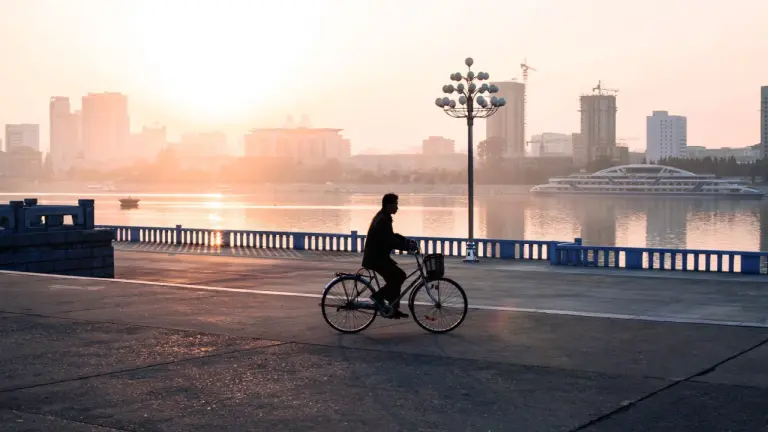
7. Talking Politics Is Dangerous
Political discussions are off-limits. Both locals and tourists are forbidden from criticizing the government. Even a casual remark about leadership can land you in a reeducation camp, where detainees face hard labor and intense ideological indoctrination. Best to keep your thoughts to yourself.
8. Everyone Must Revere the Leaders
Paying respects to national leaders is mandatory. As a visitor, you’ll be expected to bow and lay flowers in front of statues of Kim Il-sung and Kim Jong-il. These acts aren’t symbolic—they’re required protocols, and failing to comply is considered deeply offensive and potentially punishable.
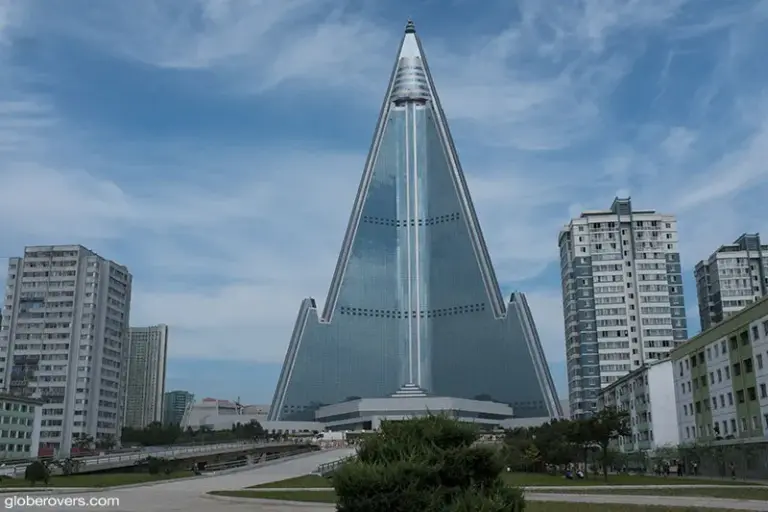
>> An Abandoned Village Becomes a Tourism Sensation with Enchanting Treehouses in China
North Korea is undoubtedly one of the most unusual countries on Earth. For curious travelers, it offers a rare glimpse into an alternate reality. But for the average tourist looking for a carefree vacation, it may not be the ideal destination. Visiting North Korea requires strict adherence to rules, deep respect for local customs, and the understanding that what’s normal elsewhere might be illegal here.

